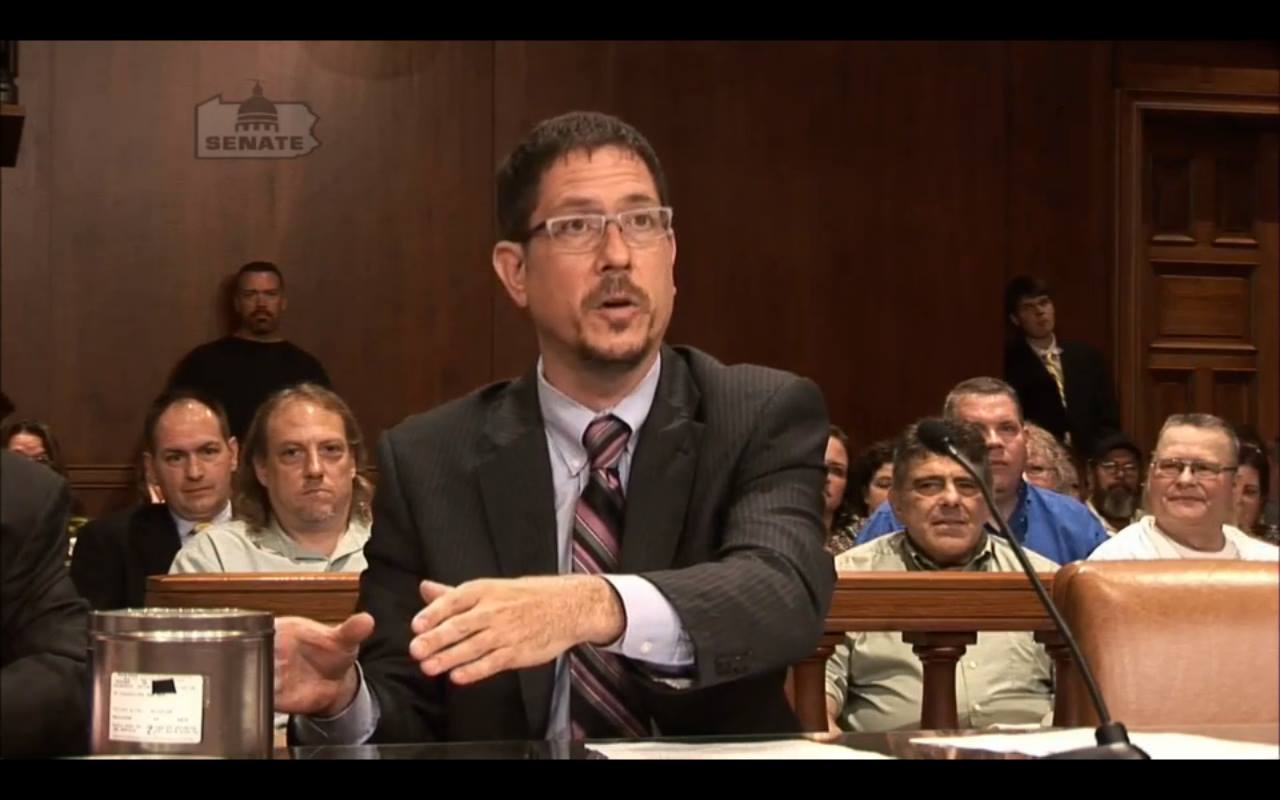Experienced Federal Crime Attorney: Expert Protection in Federal Crime Instances
Experienced Federal Crime Attorney: Expert Protection in Federal Crime Instances
Blog Article
Demystifying the Process of Federal Appeals: What You Need to Know
Navigating the elaborate world of government charms can usually look like passing through undiscovered waters for those strange with the process. Recognizing the nuances of appellate court jurisdiction, the ins and outs of submitting a notification of charm, presenting an engaging quick, and making a persuasive dental disagreement are crucial elements that can significantly affect the outcome of a case. By unwinding the layers of intricacy surrounding government allures, people can get a more clear insight into the mechanisms that control this critical point of the lawful system.
Recognizing Federal Appeals Refine
Looking into the detailed world of the federal appeals procedure introduces a structured and systematic trip with the judicial system - wyoming federal appeal lawyers. Federal allures act as an important system for assessing decisions made by reduced courts. Understanding this procedure is essential for any individual entailed in legal procedures at the government level
The procedure generally starts with a party dissatisfied with a lower court's judgment filing a notice of allure. This triggers an evaluation by a greater court, where a panel of courts assesses the legal debates provided by both parties. Briefs outlining the lawful reasoning behind each event's setting are submitted, and dental disagreements may be heard to make clear intricate concerns.
The appellate court's decision is based on a complete assessment of the lower court's proceedings and the disagreements presented. The courts do not review truths but concentrate on whether lawful errors took place that impacted the reduced court's choice. When the appellate court gets to a choice, it can affirm, reverse, remand, or customize the reduced court's judgment, supplying clearness and finality to the lawful conflict. Recognizing this procedure is essential for browsing the intricacies of government allures successfully.
Appellate Court Jurisdiction Described

Appellate courts have territory over particular kinds of situations, generally those including legal mistakes, procedural issues, or concerns of law instead of accurate disagreements. The jurisdiction of appellate courts is generally outlined in laws and regulations that control the court system. Understanding appellate court jurisdiction is essential for celebrations associated with the allures procedure as it identifies whether an instance is eligible for evaluation and the degree to which the appellate court can interfere in the reduced court's decision.
Filing a Notification of Charm
The preliminary action in commencing the federal allures procedure includes submitting a Notification of Allure with the ideal appellate court. best federal appeal lawyer in las vegas. This critical file formally informs the court and the various other celebrations entailed in the case that the appealing event plans to seek an evaluation of the lower court's decision. Submitting a Notification of Appeal is a strict procedural requirement that sets the appellate process in movement
When preparing the Notification of Charm, it is necessary to make sure compliance with the particular rules and guidelines of the appropriate appellate court. The paper must normally consist of details such as the instance name, the reduced court's name, the day of the judgment being appealed, and a succinct declaration showing the premises for the charm.
Timeliness is important when submitting a Notice of Allure. Missing out on the target date for sending this file can result in the allure being dismissed, emphasizing the value of accurate and prompt initiation of the charms procedure. It is advisable to look for legal support to navigate the complexities of submitting a Notification of Charm successfully.
Briefing and Dental Debate
In the appellate process, providing composed briefs and engaging in oral arguments play pivotal functions in supporting for the appealing party's placement prior to the appellate court. Briefs are comprehensive lawful documents that detail the events' arguments, legal authorities, and analysis sustaining their placements. These created entries supply the court with a detailed understanding of the truths of the case, the relevant regulation, and why the appealing celebration believes the reduced court's decision should be reversed.
Following the entry and evaluation of the briefs, oral disagreements provide the parties an opportunity to more clarify their settings, address any type of questions the appellate courts might have, and highlight vital points from their written briefs. Dental disagreements are a chance for the lawyers to persuade the courts with spoken advocacy and responses to questions from the bench.

Getting the Appellate Court Decision

Final Thought
Finally, the federal appeals process is a complicated yet essential step in looking for justice. Recognizing the appellate court jurisdiction, filing a notice of appeal, preparing briefs, and providing dental debates are all important parts of this process. Inevitably, getting the appellate court decision can offer quality and resolution to legal conflicts. It is essential to navigate the government allures process with diligence and attention to detail to attain a fair result.
As we proceed from understanding the federal charms process to dissecting the intricacies of appellate court territory, a basic facet comes to light regarding the authority and limitations of these greater courts in the lawful landscape. Appellate court jurisdiction refers to the range of situations that a certain appellate court has the power to review and choose upon. Unlike test courts that hear situations for the initial time, appellate courts are restricted to reviewing decisions made by lower courts. Recognizing appellate court territory is essential for parties included in the charms process as it identifies whether a situation is qualified for testimonial and the level to which the appellate court can intervene in the reduced court's choice.
Whether the appellate court verifies, turns around, or remands the reduced court's decision, recognizing the ramifications of the ruling is vital for all celebrations involved in the appellate procedure.
Report this page